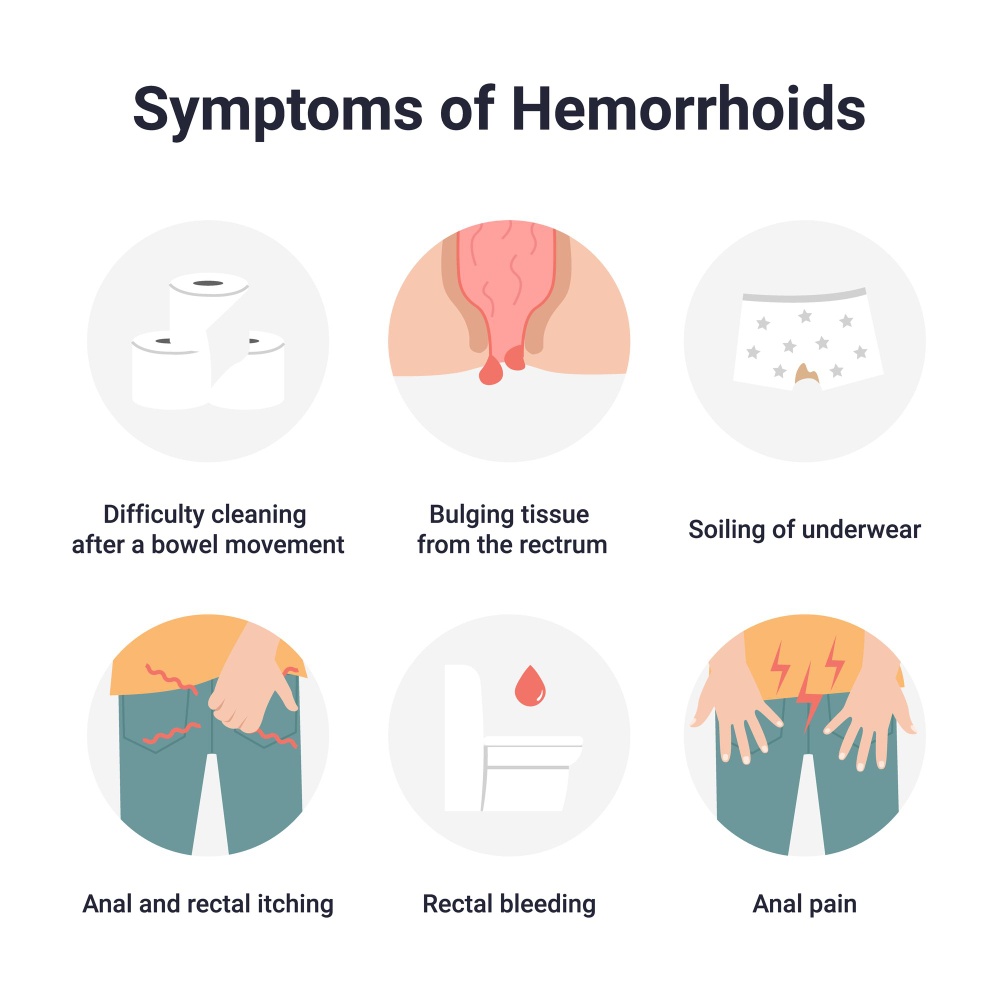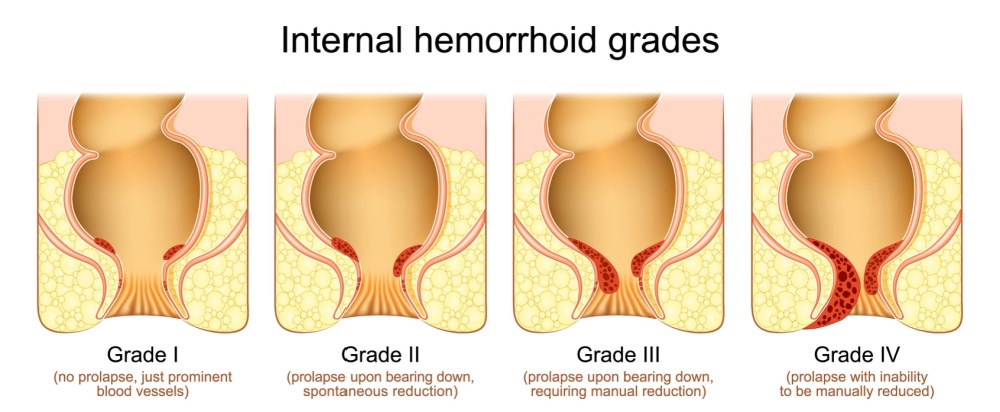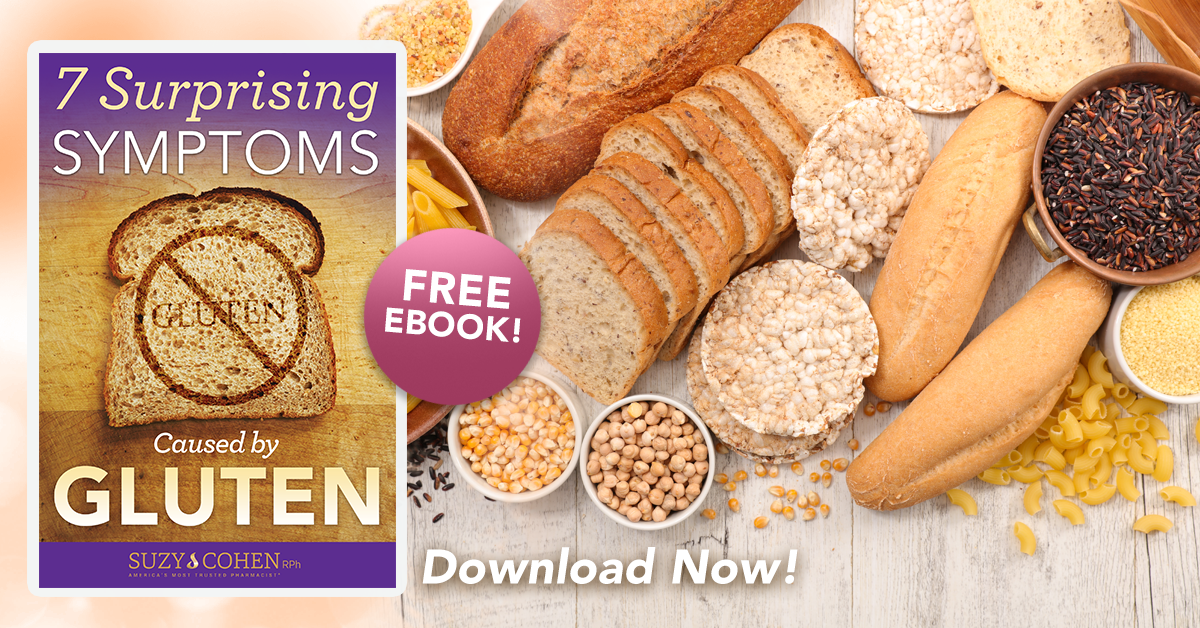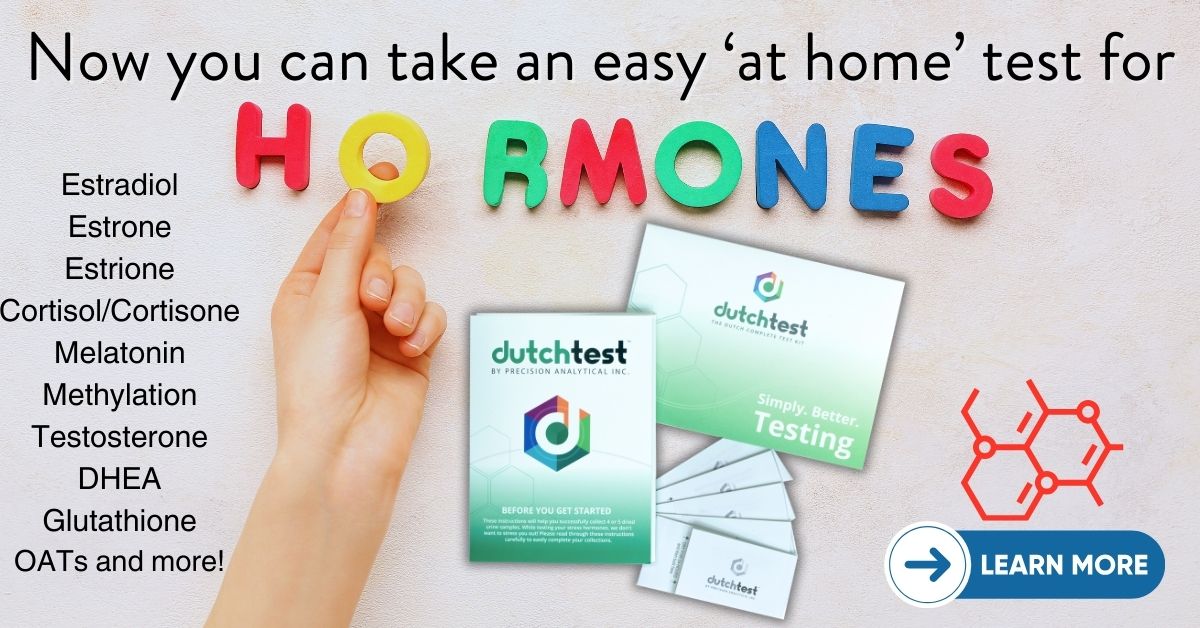What's On This Page?
ToggleNot sure if you know this, I write for newspapers around the country, as a syndicated columnist. This hemorrhoid-related question from Sally in Gainesville, Florida came in via email and I’m answering it here online for all to benefit, including those with hypothyroidism since constipation is a risk factor. First let me share the question, and down below you will find all kinds of answers to help with this problem.
What are the best treatments for hemorrhoids, both the internal sort and the external? I ask because my wife and I suffer with these. Lucky us.
You’re not alone in this uncomfortable situation; approximately half of all people will face the dreaded hemorrhoids at some point, usually between the ages of 20 and 50. Contrary to popular belief, hemorrhoids aren’t exclusive to the elderly or the chronically constipated. They can strike anyone who sits for long periods, lifts heavy objects, or engages in activities that increase abdominal pressure. From office workers to fitness buffs, hemorrhoids do not discriminate!

Internal vs. External Hemorrhoids: A Pain in the Rear
Hemorrhoids, whether internal or external, occur when veins become weak and swell due to excessive pressure. Similar to varicose veins in the legs, this engorgement can be exacerbated by factors such as obesity, pregnancy, and yes, sometimes the aftermath of a processed food binge.
Internal hemorrhoids are the sneakier variety, often painless because they are located higher up in the rectum where nerve endings are sparse. You might not even know you have them unless you notice bleeding after a bowel movement. External hemorrhoids, on the other hand, are the outright painful ones. These can itch, burn, and irritate the surrounding area, and if left untreated, they can thrombose (turn purplish-blue and bleed)—ouch!

10 Ways to Soothe Your Hemorrhoids:
- Witch Hazel: This natural astringent helps reduce swelling and pain. It’s like a magic potion for your backside!
- Hydrocortisone or Calendula Cream: Apply these creams externally to numb the pain and soothe the affected area.
- Preparation H Suppositories: Ideal for those sneaky internal hemorrhoids.
- Ice Packs: Cool down the swelling with an ice pack, but remember to wrap it in a paper towel—no direct contact with the skin! On Amazon, you can find these cooling ‘sticks’ which might work well for some of you. They’re literally like a reusable butt stick!
- Ibuprofen: This anti-inflammatory can work wonders by reducing swelling and alleviating pain.
- Quercetin: This supplement strengthens veins and can be taken in doses of 300 – 1000 mg three times daily.
- Warm Sitz Baths: Spend 10 – 20 minutes in a warm sitz bath to provide relief and reduce inflammation.
- Butcher’s Broom: This herb contains ruscogenin which helps tighten the blood vessels and was studied at Memorial Sloan-Kettering Center.
- Horse Chestnut: Known for its vein-toning properties thanks to aescin, it’s a go-to in Europe for hemorrhoid relief.
- Aloe Vera Juice: I saved the best for last. While great for your skin, drinking it can help ease constipation, thus reducing the strain during bowel movements. See below for how to use aloe specifically for the purposes of hemorrhoids – I’m going to give you the play by play because this one is great.
You may want to take 5 minutes to read my other article, 7 Impressive Natural Remedies For Chronic Constipation.
Wrapping It Up: Don’t Sit on Symptoms!
While these remedies can offer relief, if you experience symptoms like pencil-thin stools or persistent bleeding, it’s crucial to consult a specialist. What might seem like hemorrhoids could be a sign of something more serious. Remember, prolonged sitting may be part of modern life, but suffering from hemorrhoids doesn’t have to be. Get up and move around, and let’s keep those veins as healthy as can be!
When to Get a Colonoscopy: 6 Reasons
If you have hemorrhoids, it’s easy to self-treat and move on. But you may need a colonoscopy if you experience symptoms that go beyond the typical discomfort associated with hemorrhoids or if your concerns point to a potentially more serious condition like polyps or cancer. Here are some specific things I’d say a colonoscopy is needed:
- Bleeding: While some bleeding with hemorrhoids is common (typically bright red blood on toilet paper or in the toilet bowl), persistent or heavy bleeding should always be evaluated. This is to ensure the bleeding is truly from hemorrhoids and not from other serious conditions like colorectal cancer or inflammatory bowel disease.
- Change in Bowel Habits: If there are changes in bowel habits, such as persistent diarrhea or constipation, a colonoscopy may be necessary to rule out other causes. If the color of your stool changes, or you have thin “pencil” size stools, that’s another reason to get checked.
- Abnormal Results from Other Tests: If results from other diagnostic tests (like fecal occult blood tests, which detect hidden blood in the stool) are abnormal, a colonoscopy will be needed.
- Age and Risk Factors: If you’re over 50 or 55… or if you have a family history of someone with colon or colorectal cancer, it’s suggested to have screening colonoscopies regularly (every couple of years or so).
- Unexplained Symptoms: Symptoms such as unexplained weight loss, severe pain, or anemia (low blood count) associated with hemorrhoids also warrant a deeper investigation with a colonoscopy.
- Ineffectiveness of Treatments: If hemorrhoid treatments do not alleviate symptoms, or if hemorrhoids frequently recur, further examination with a colonoscopy may be advised to check for other underlying issues.
The Connection Between Thyroid Disease and Hemorrhoids
When exploring the impact of thyroid disease (hyper or hypo) on hemorrhoids, the connection isn’t straightforward, but there is a potential indirect link worth considering. Thyroid disorders, particularly hypothyroidism, can slow the body’s metabolic processes, including digestion.
A lot of people have low thyroid function, but don’t know it. The main symptoms are fatigue, brain fog and hair loss. Also, feeling cold a lot. If you’re not sure if you have that condition, this article explores the basics, and the primary SYMPTOMS.
This slowdown can lead to constipation, a well-known aggravator of hemorrhoids due to the straining it causes during bowel movements. We know for sure that most cases of hypothyroidism come with some degree of constipation.
So if you’re dealing with thyroid-related health issues and noticing more frequent bouts of constipation or hemorrhoid flare-ups, it might be worth discussing thyroid management strategies with your healthcare provider to see if improving thyroid function can alleviate some of your discomfort.
Common Medications That Could Worsen Hemorrhoids
Six Culprits: Medications That May Lead to Hemorrhoid Problems
Certain medications can exacerbate or contribute to constipation and, by extension, hemorrhoids. Here’s a rundown of six common offenders:
- Opioid Pain Relievers: Medications like oxycodone, hydrocodone, and morphine slow intestinal transit, leading to severe constipation. This not only increases discomfort but also raises the risk of developing hemorrhoids due to straining.
- Iron Supplements: While essential for treating anemia, iron supplements can cause constipation and, consequently, increase hemorrhoidal pressure and pain.
- Antidepressants: Certain antidepressants, particularly tricyclics like amitriptyline and imipramine, can slow gut motility and cause constipation.
- Antihistamines: Used to manage allergies, antihistamines can dry out the body, including the bowels, leading to harder stools that are difficult to pass.
- Antacids Containing Aluminum: These antacids can slow bowel movements and contribute to constipation. Regular use might make you more prone to hemorrhoid issues.
- Blood Pressure Medications: Certain blood pressure drugs, particularly calcium channel blockers like verapamil and diltiazem, can also cause constipation. Managing dosage and types of blood pressure medication might help alleviate this side effect.
Aloe Vera – How to Use
Aloe vera is well-known for its soothing and anti-inflammatory properties, making it an excellent choice for relieving hemorrhoids. A lot of you have plants of aloe and can do this at home. You can also buy these aloe leaves at some supermarkets.
For topical use using a plant, extract the gel from a fresh aloe leaf by slicing it open and scooping out the gel, avoiding the yellow latex beneath the skin. Apply the gel directly to the affected area 2-3 times a day, especially after bowel movements and before bedtime, to reduce pain and inflammation. Always perform a small patch test on your skin before applying aloe topically to these sensitive areas. Commercial products exist if you prefer to buy something like that.
For internal relief, choose pure aloe vera juice labeled for edible use and start with 1-2 tablespoons daily, mixing it into smoothies or other drinks. You can buy commercially prepared supplements of aloe very gel. Follow label directions. Consult your healthcare provider before consuming aloe juice, especially if you have diabetes or are taking medications like diuretics or laxatives.
Precautions:
- Allergic Reactions: Check for skin sensitivity by applying a small amount on your skin first.
- Internal Use Safety: Ensure aloe juice is aloin-free and suitable for consumption.
Using aloe vera can significantly ease the discomfort of hemorrhoids by reducing inflammation and promoting healing, both internally and externally.
Wrapping Up: Action Steps and Consultation
With this insight into how thyroid issues and certain medications can impact hemorrhoid flare-ups, it’s essential to approach treatment holistically. If you suspect your medication is contributing to your hemorrhoid discomfort, discuss alternative treatments or dosage adjustments with your doctor.
Similarly, if you have a thyroid condition and are experiencing chronic constipation and hemorrhoids, exploring ways to better manage your thyroid health could be beneficial. Always consider both lifestyle adjustments and medical interventions in your strategy to combat these uncomfortable conditions, and remember, you’re not alone in this—help is available, and relief is possible!
Summary
No matter if it’s internal stealthiness or external fury, hemorrhoids are a pain we could all do without. With simple home remedies and a little care, you can manage the discomfort and continue with your daily activities. Always consult with a healthcare provider for persistent or severe symptoms, and remember, taking action early can prevent further discomfort and help maintain your overall well-being.

Suzy Cohen, has been a licensed pharmacist for over 30 years and believes the best approach to chronic illness is a combination of natural medicine and conventional. She founded her own dietary supplement company specializing in custom-formulas, some of which have patents. With a special focus on functional medicine, thyroid health and drug nutrient depletion, Suzy is the author of several related books including Thyroid Healthy, Drug Muggers, Diabetes Without Drugs, and a nationally syndicated column.


